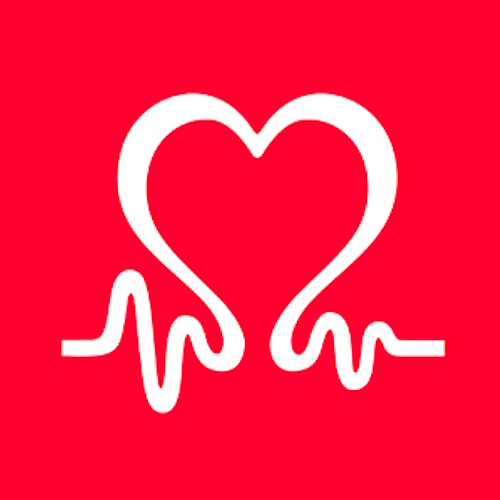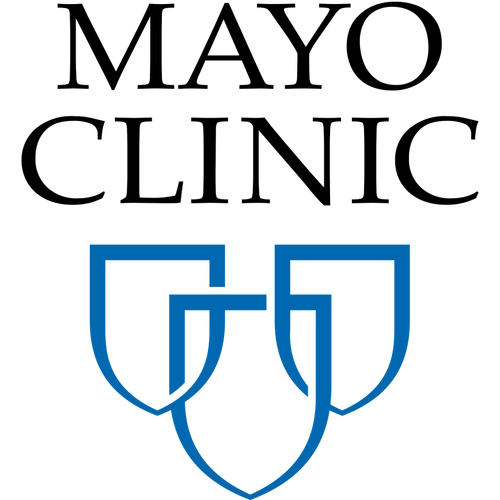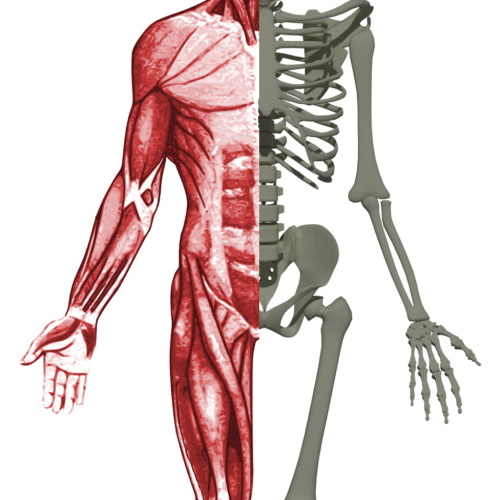Key points from article :
Osteocalcin, hormone produced in bones, could treat muslce and memory loss in the future.
Did a genetic knockout experiment removing gene for osteocalcin from mice.
Introduced the idea that bone is involved in communicating with other tissues in the body.
By participating in a network of signals to other organs through producing own homones and proteins.
Research shows that humans reach peak bone mass in their 20s; slowly declines after
Bone mass reduction may also be linked to the weakening of muscles.
As well as the memory and cognitive problems that many of us experience as we grow older.
Osteocalcin acts in muscle to increase the ability to produce ATP.
In the brain, it regulates the secretion of most neurotransmitters that are needed to have memory.
Age-related diseases can be reversed by increasing osteocalcin in older mice.
Results show restored memory and ability to exercise to the levels seen in a young mouse.
Experts are preparing on osteocalcin patent for treating cognitive disorders.








